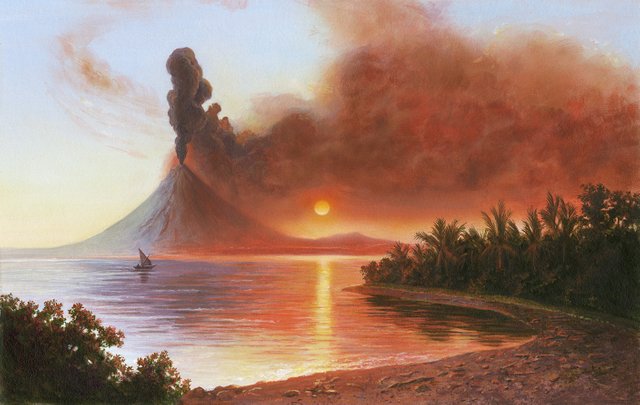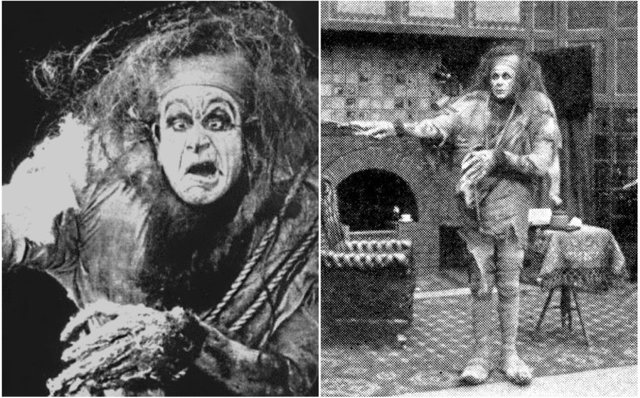The Worst Years in Human History Part 2
- STORY
Picking the most noticeably awful years all through mankind's set of experiences is no simple undertaking, as its vast majority has been undocumented and loaded with breathtakingly awful years. We've progressed significantly from our starvation and reliably war-attacked right on time past, having some way or another figured out how to fabricate a functioning civilization regardless of all that nature has tossed at us over the ages. Notwithstanding, for the years we do have the records for, it isn't so hard to choose the most minimal occasions for our development; times when all that appeared to be the most noticeably awful than it at any point was while focusing on no expectation, either because of regular disasters like worldwide pandemics, or man-made reasons like monetary emergencies or war. These most exceedingly terrible years in written history help us to remember the delicacy of human advancement and improvement, just as fill in as a demonstration of our capacity as animal types too - so to speak - still make a big deal about ourselves in spite of experiencing childhood in an astoundingly awful area.

The year 1816 - which we've since come to know as the 'year without a summer* - may not be quite contrasted with the's who of awful occasions that is the remainder of this rundown, however, it was still awful enough to merit a spot here. While some exploration focuses on the emission of Mount Tambora in 1815-the biggest volcanic ejection on earth of the most recent 10,000 years - as the essential driver, records show that the climate had as of now begun to chill by the start of 1815.
While we may never know precisely what caused it, we realize that the worldwide normal temperature plunged by around two degrees. It prompted many detached at this point related occasions across North America and Europe. In New England, the harvest disappointment brought about by the cooling brought about a heft of the ranchers to move west, forever reshaping the segment of the country. In Europe, the strangely cool summer prompted an inescapable disappointment of the potato crop, bringing about starvation and one of the most exceedingly awful typhus episodes ever. There were inconsistent episodes of uprisings and food riots in other European nations, as well, however, fortunately, it didn't keep going for quite a while.

The dim and miserable energy of the year has since been deified in a significant number of scholarly works. The setting of Mary Shelley's Frankenstein, for instance, was straightforwardly roused by the dull and bleak skies she saw during her excursion in Switzerland at that point.